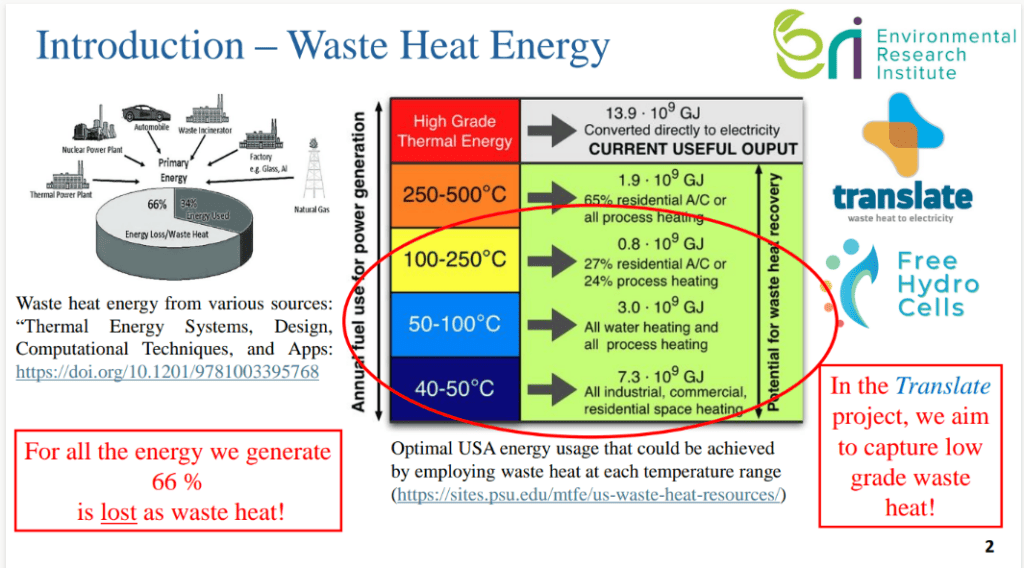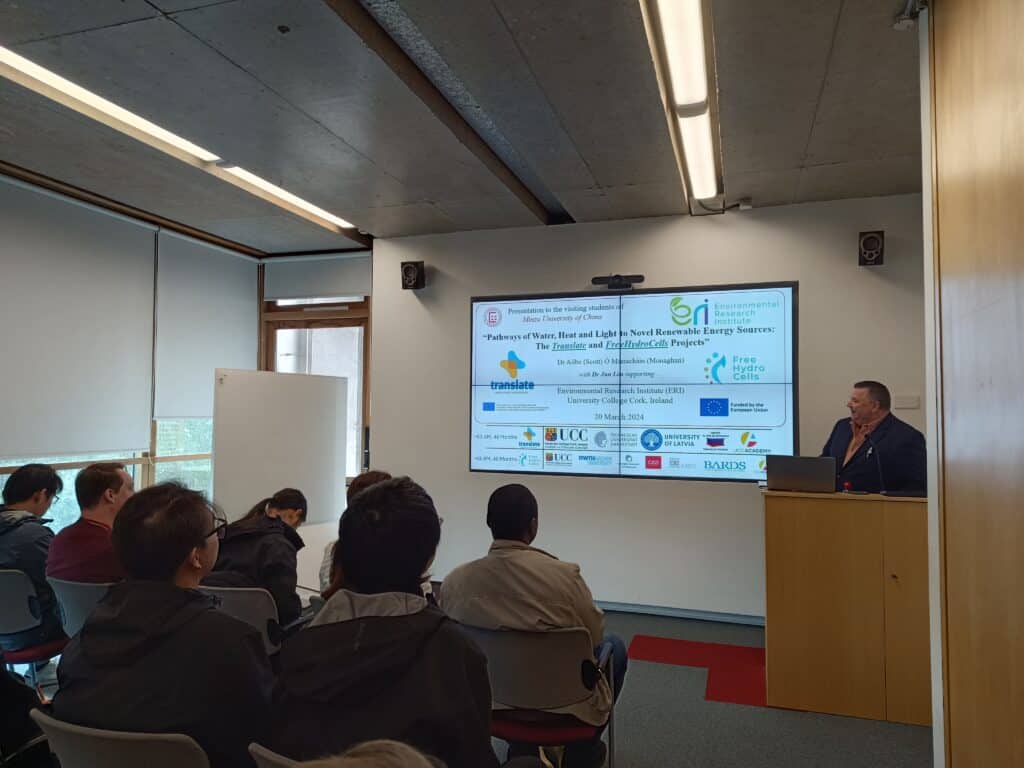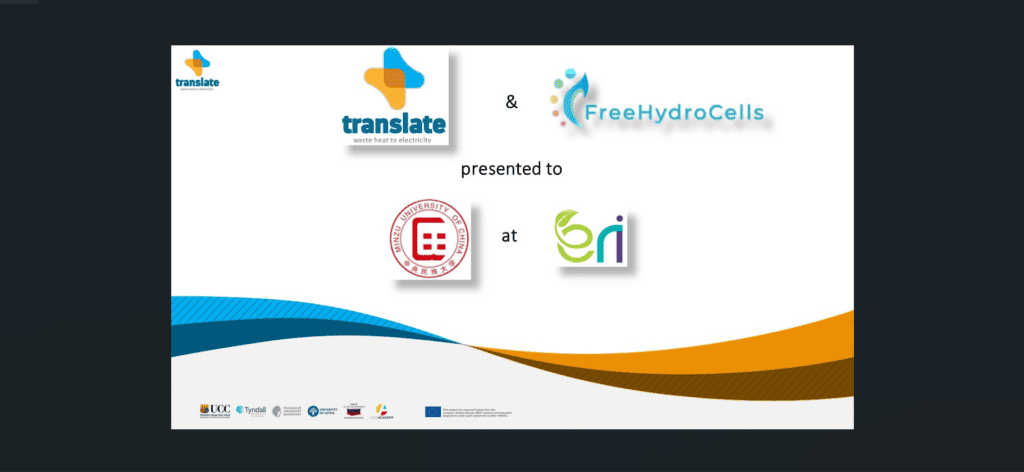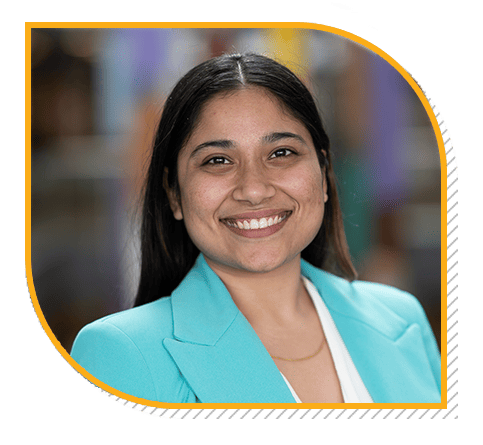A delegation of approximately 30 undergraduate students from Minzu University of China recently embarked on an educational visit to the Environmental Research Institute at University College Cork. The purpose of their visit was to gain insights into the cutting-edge scientific advancements being made at the Institute, particularly in collaboration with UCC’s School of Chemistry, Tyndall National Institute, and external European partners, aimed at accelerating the transition to renewable energy.
During their visit, the students had the privilege of engaging with UCC scientists, Dr. Ailbe Ó Manacháin, Scientist at TRANSLATE, as well as the Project Coordinator and Senior Staff Scientist of FreeHydroCells initiative, and Dr. Jun Lin, Scientific Researcher. The focal point of their interaction was a captivating presentation titled “Pathways of Water, Heat and Light to Novel Renewable Energy Sources.” Access the full presentation here.

Dr. Ó Manacháin’s presentation underscored the vast potential of readily available and affordable renewable energy sources such as water, waste heat, and sunlight. He elucidated on how scientists are exploring these resources through innovative methodologies at UCC to propel advancements in renewable energy technologies.
The presentation shed light on two groundbreaking research projects in the green energy domain—TRANSLATE and FreeHydroCells. The TRANSLATE project endeavors to tackle the inefficiency conundrum inherent in current energy generation processes, wherein we lose a substantial 70% of energy as waste heat. Researchers are actively exploring the development of a novel device utilizing sustainable materials, like wood, based on low-cost ionic nanofluidic platform technology. The ultimate goal is to effectuate a paradigm shift in the harvesting and storage of low-grade waste heat.

Conversely, FreeHydroCells aims to harness the abundant and clean energy source of solar energy or sunlight to split water—an abundant resource—thereby generating hydrogen fuel in gas form, without emitting harmful emissions in the process.
Additionally, Dr. Jun Lin provided the students with an insightful glimpse into the sophisticated laboratory facilities, state-of-the-art equipment, and cutting-edge materials at the disposal of the research team. This includes atomic layer deposition (ALD) and chemical vapor deposition (CVD) tools, electrical characterization equipment (including a Hall-effect measurement system), and 2D materials, primarily MoS2, and TCOs.
Dr. Ó Manacháin expressed his satisfaction with the overwhelmingly positive reception of the presentation, highlighting its potential to inspire the students to explore and pursue their own ideas and ambitions in addressing complex environmental challenges. The visit served as a testament to the collaborative efforts and commitment of UCC researchers towards fostering advancements in renewable energy research on a global scale.
Related reading: About TRANSLATE
Follow our latest updates on X, LinkedIn and YouTube.


